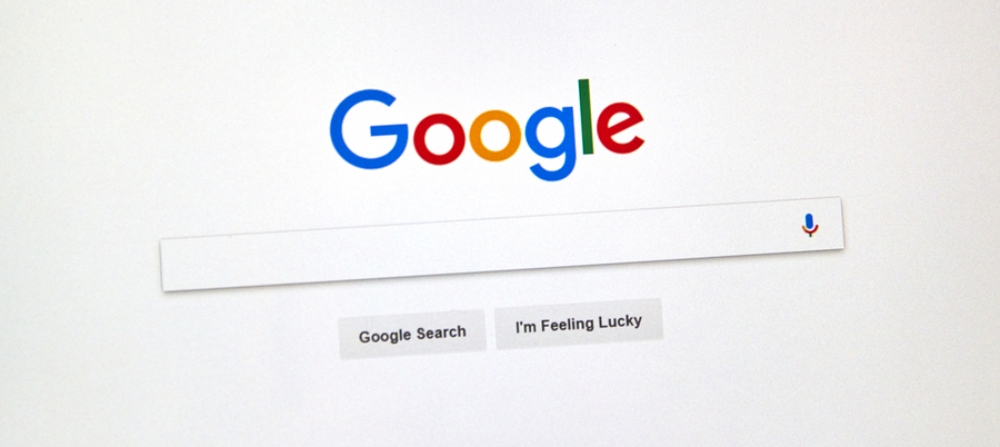
Ever since the inception of the world wide web, internet traffic has continued to increase every year. The rate of growth expedited following the evolution of smartphones and constant improvements with network coverage across the globe. It is now estimated that 4.7 billion people have access to the internet, representing approximately 57% of the world’s population.
For businesses, capitalizing on such a vast audience is paramount and online ads represent a great way to engage your target audience. There are numerous channels and strategies to choose from that include PPC, Search Engine Optimisation, Email Marketing and more. However, the go-to channel for many B2B and B2C businesses is certainly Google (News - Alert) Ads (formerly AdWords).
Google Ads is an online advertising platform that offers advertisers the ability to target users across a range of criteria and channels. From keyword and audience targeting, through to intelligent machine learning techniques, there are an abundance of ways to reach your desired audience.
Once your campaigns are live, you can gauge the quality of your ads by referring to Google’s quality score metric. Google uses this score to help you know your ad’s strengths and weaknesses. Hence, improving your Google quality score is your first step in optimizing your ads and improving your business. Here are some handy tips around improving your Google quality score to achieve lower CPC’s (News - Alert).
Understanding Google quality score
Google quality score is a proprietary metric of rating ads on a scale of 1-10 based on several factors. Essentially, they are based upon measuring the quality of user experience that your ads and landing pages provide.
It serves as a helpful metric in knowing your ads’ utility to a user who searches for your keywords. There are three factors of your ad’s quality score. They are -
1. Expected Click-through Rate - dependent on how often users click on your ad when they search for those specific keywords.
2. Ad Relevance - relates to the quality of your advert and how relevant your advert is to a user’s search term.
3. Landing Page Experience - relates to the overall experience of your landing page, including whether the page is mobile-friendly.
If you are having trouble navigating these factors simultaneously, an expert Google ads agency can do this job for you. They can also do it quickly with the utmost precision.
Start targeting your ad groups
You can increase your quality score by designing your campaigns into well structured ad groups. This will help to strengthen the correlation between your adverts and keywords.
Let’s consider you operate a veterinary practice that is based in 5 cities across the UK. In this case, it makes sense to create one campaign for each city. Doing so will also allow you to include the city within your advert headline, thus helping to improve your CTR.
Try to avoid the common mistake of grouping too many broad keywords into a single ad-group as well. This will only create more problems, which generally leads to lower ad relevant and lower CTRs.
By following a SKAG approach or grouping keywords into tight themes, you will stand a better chance of increasing your CTR, lowering your CPC and delivering an enhanced user experience.
Do your research on keywords
Keywords can make or break your entire ad campaign. It is of utmost importance that you research your keywords thoroughly before finally deciding on the ones you’re going to use.
Keyword research sounds like a tedious task, but it’s relatively simple. It’s not just about the keywords themselves but also about the particular combinations and intent behind the keywords. Are they indicative of users searching at the beginning of the funnel or further down the decision-making process?
You have to take this into consideration and ensure you’re targeting the more relevant keywords for your business or service offering. There are many different tools available to give you insight into keyword volumes and CPC’s. These range from the Google Ads keyword tool to the SEMrush keyword magic tool.
Work on your landing page
Landing page experience is the final place of interaction between your business and a potential customer. If your landing page is poorly executed, hard to use, and not mobile friendly, then users will have a hard time navigating the page which ultimately contributes towards a decreased quality score.
Some important notes to bare in mind are ensuring your content is concise, the page is fully responsive, and contains clear call-to-actions (CTAs).
Use tools such as Google Page Speed Insights and Google Mobile-Friendly test to determine what is missing from your landing page. Using such directives, you can further analyze the weak points of your website and work on them.
